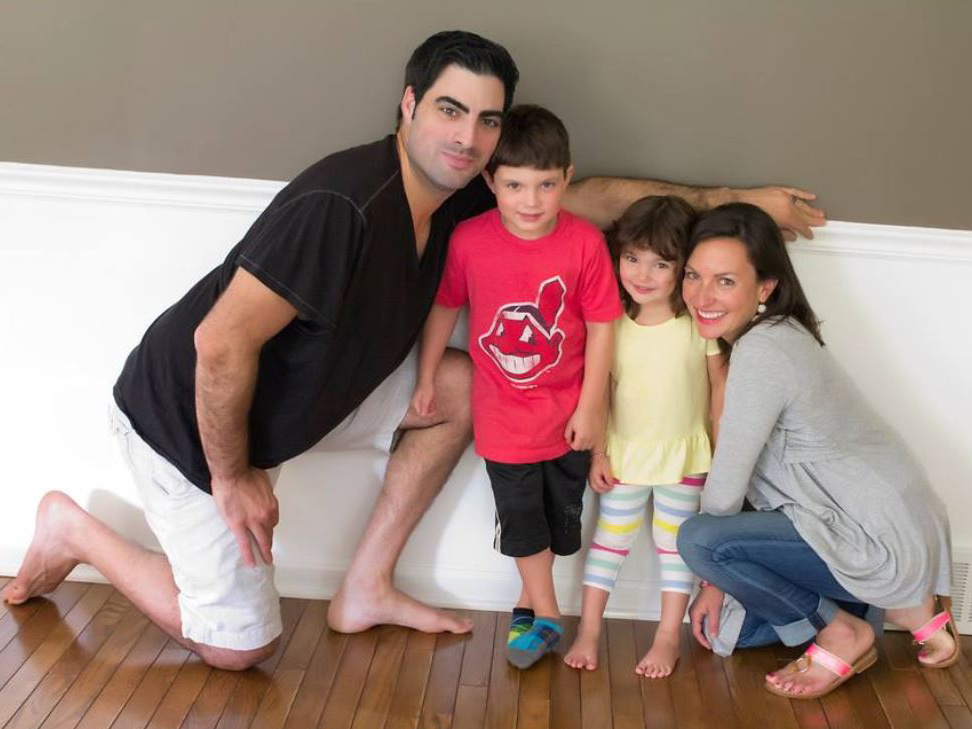Anyone who has done in-vitro fertilization (IVF) knows how taxing it can be, physically, emotionally and financially. So, when news broke earlier this month of failures at two fertility clinics in the U.S. (one in Cleveland and another in San Francisco), it struck a chord with Niki Schaefer, a mom-of-two who conceived both her kids through IVF.

“It really hit close to home for me,” Schaefer, an attorney from Chagrin Falls, Ohio, tells Global News. “Being a person who has gone through fertility treatments, it was a story that consumed me.”
WATCH BELOW: Here’s how successful your IVF cycles will be, according to a British study

It didn’t take long for Schaefer to decide to donate her remaining four frozen embryos to families who had lost theirs in what has been called a “fertility disaster.”
In a Facebook post from March 10, Schaefer announced that she would donate her embryos to the clinic and urged others to do the same.
“I often say there is a sisterhood of women touched by infertility,” she wrote. “This is an opportunity to be real sisters and bring light to the darkness that these families, and those who work at the UH Fertility Centre, are experiencing.”

Get breaking National news
Schaefer’s fertility specialist, Dr. James Goldfarb, is now the medical director of the University Hospital Fertility Centre in Cleveland where a freezer malfunction resulted in an estimated 2,000 damaged eggs and embryos, affecting some 700 patients.
It was after speaking with Goldfarb that it occurred to her that donating her frozen embryos to the clinic would be the best decision.
READ MORE: 2 years later: How an Ontario funded fertility program has helped one family grow
She says that her husband and parents were “totally on board” with her decision to donate her embryos, and that overall, the reaction has been “overwhelming and humbling.” Since her story broke in local and national media, she has been contacted by many women who have asked to be put in touch with the fertility centre so that they too can donate their embryos.
Her children, aged six and eight, are aware of the decision but don’t fully understand the weight of it. But there’s still a lesson in there for them.
“What they do understand is that we’re doing something nice for strangers, and it’s bringing a lot of positive recognition and reinforcement. That’s a great lesson to teach them.”
Schaefer admits that knowing that her children could potentially have four biological siblings in the world one day is something that she has to “wrap her head around” but she supports the fact that they will be another family’s children.
READ MORE: Dad genes: Everything you need to know about male fertility
Most importantly, it’s something she feels she needs to do, not just for the parents who have damaged embryos, but also for the couples for whom those embryos were their only hope.
“What I found in talking to the families affected by this is that most feel the greatest sympathy for women who have cancer and had treatment that will prevent them from freezing new embryos. I hope it’s those who can’t do it again who will be helped by my donated embryos.”








Comments